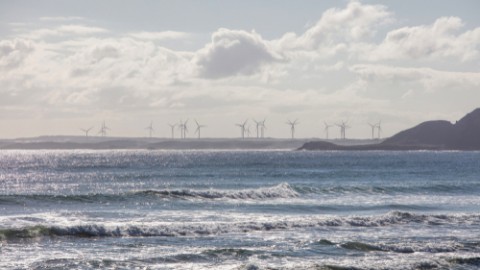Queensland Minister for Energy and Water Supply Mark McArdle recently joined an aerial inspection of the Lockyer Creek and mid-Brisbane river systems ahead of the 2013-2014 wet season.
Mr McArdle said that following significant rain in South East Queensland at the beginning of the year sediment from the Lockyer catchment caused major problems at Mr Crosby Water Treatment Plant.
“It is important to see first-hand the condition of Brisbane’s water supply catchment,” Mr McArdle said.
“The build up of sediment earlier this year temporarily closed the major water treatment plant for Brisbane City, the Mt Crosby treatment plant.
“Since then, Seqwater and Queensland Urban Utilities which distributes water from its reservoirs, have undertaken planning to improve operations as well as their response, if a similar event were to occur.
“However, the condition of the catchments still remains a concern.”
Seqwater Acting CEO Peter Dennis said catchment condition was key to improving raw water quality in the region’s dams and rivers and ultimately protecting the drinking water supply.
“The state of our catchments has a major impact on the quality of water we are required to treat at Mt Crosby. Understanding the challenges we face is the first step in developing a whole of catchment solution,’’ Mr Dennis said.
“A rehabilitated catchment over the longer term will be the most cost effective option to protect drinking water.’’
Australian Rivers Institute Deputy Director Professor Jon Olley said the problems could be fixed.
“We have known how to fix this issue for more than a decade and this visit enabled the Minister to assess what is required,” he said.
“Multiple studies have shown that the primary issue is the poor condition of the channel – most of it has been cleared of trees over the last 100 years and this clearing has destabilised the channel network.
“Improving the condition of the channel network will not only ensure Brisbane’s water supply but also provide protection for Moreton Bay the ultimate recipient of the sediment.”
















